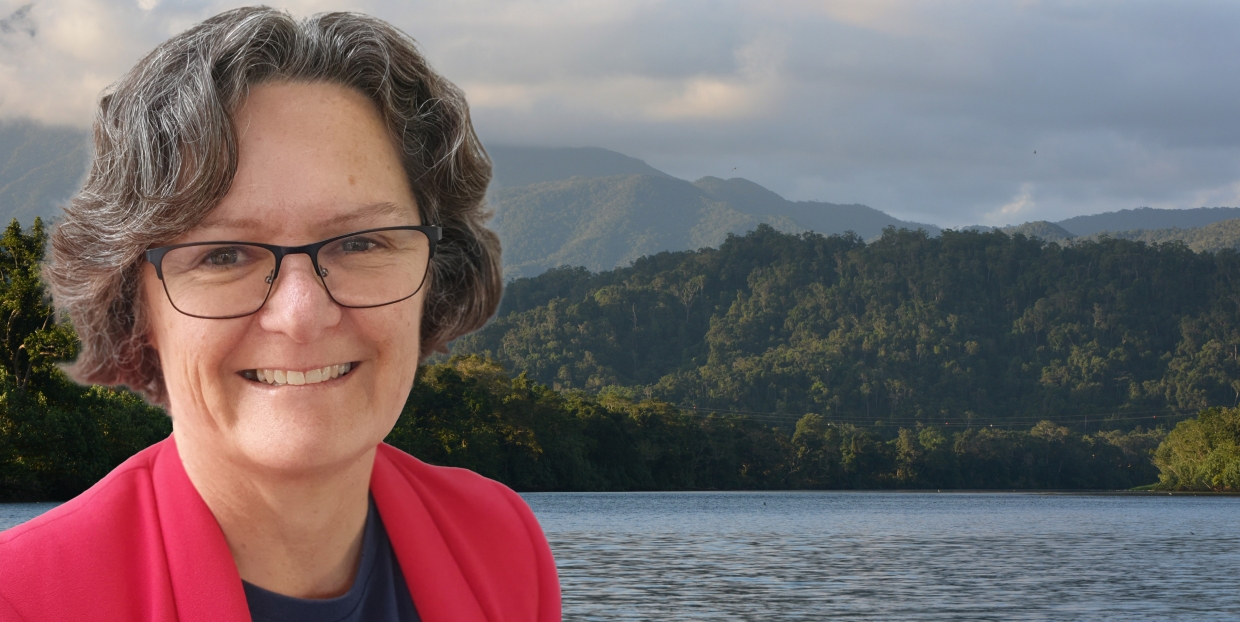Trust takes time and so does lasting change

When Dr Deb Nias reflects on what she’s learned over 25 years in wetland ecology and water reform, one insight that comes through clearly is that trust doesn’t happen overnight.
“You can’t just turn up and expect people to trust you,” Deb says. “You build rapport first, usually by walking with people, talking about what matters to them. Football. Family. Understanding what’s going on in their patch; and from there, slowly, you build something stronger.”
This philosophy, of listening first and taking the time to understand what people care about, has underpinned her work with farmers, Traditional Owners, community groups and government agencies alike. It’s also a quiet reminder of a larger truth that sits at the heart of Watertrust’s mission, that genuine engagement is not a process you rush; it’s a relationship you build.
“Good community engagement doesn’t mean telling people what to do. It means helping them see how they can be part of something better, and helping them get there.”
As a scientist, Deb sees clear links between evidence and impact. But she’s quick to point out that good science doesn’t travel far if the community doesn’t understand or trust it.
“A big part of what we need to do is translate. Translate the data, the language, and the assumptions behind it. When people genuinely understand what’s happening, whether it’s sediment in the river or fish breeding cycles, they get on board.”
And once they do, something else happens. They become the ones telling the story. “That’s when you know the science has landed,” Deb says. “Because it’s being shared by the people who live there.”
Deb knows what it takes to keep a project going, not just for a funding cycle, but over decades. She points to three essentials – reliable long-term funding, community ownership, and relentless collaboration.
“You cannot do it alone. I’ve never worked on a project that didn’t need 10, 15, 20 different people or different groups involved. Working together, that’s just how this work gets done.”
While government programs may change, timelines may shrink, and partners may come and go, the one thing doesn’t shift is that people remember who showed up, and who kept showing up.
“I still visit farmers I worked with 25 years ago,” she says.
As Chair of Watertrust’s Influence Advisory Committee, Deb brings that same long-term lens. She sees the IAC’s role as both strategic and relational, helping Watertrust connect with new people, pressure-test ideas, and stay grounded in what works.
“We bring a bit of outside perspective, and a lot of lived experience. We know what good looks like and we know what gets in the way of it.”
In other words, the IAC doesn’t just give advice; it helps Watertrust stay true to its purpose.
Read our newsletter here or join our mailing list now to stay up to date with the latest news from Watertrust Australia.
A big part of what we need to do is translate. Translate the data, the language, and the assumptions behind it.